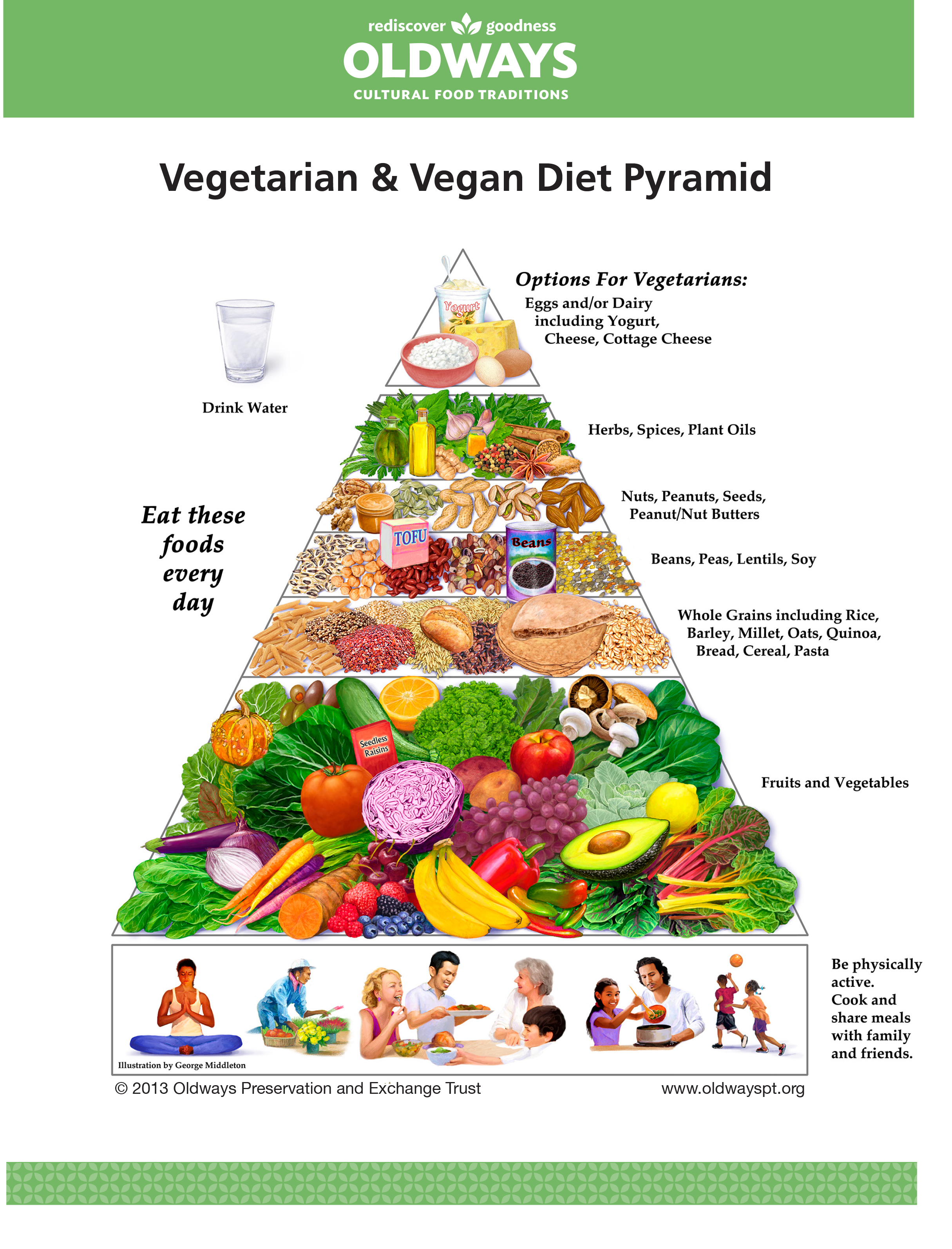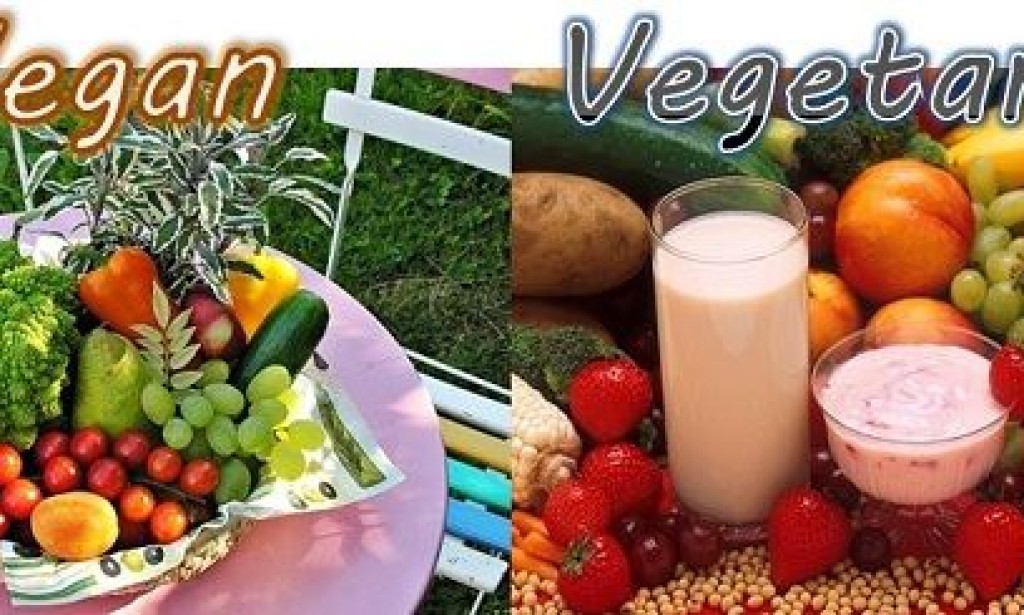Table of Content
- Understanding veganism and vegetarianism
- Health benefits
- Environmental impact
- Animal welfare
- Challenges and consideration
In recent years, there has been a significant surge in the popularity of vegan and vegetarian diets. People are increasingly recognizing the impact of their dietary choices on personal health, the environment, and animal welfare. Both veganism and vegetarianism promote a plant-based approach, but with varying degrees of restriction. In this article, we will explore the benefits, challenges, and considerations associated with these diets and shed light on why they are gaining traction worldwide.

Understanding Veganism and Vegetarianism
Veganism represents a lifestyle that abstains from the consumption of all animal products, including meat, poultry, fish, eggs, dairy, and honey. It extends beyond dietary choices and encompasses the exclusion of any animal-derived products in clothing, cosmetics, and other everyday items.
On the other hand, vegetarianism is a dietary practice that abstains from consuming meat and fish but may include other animal products like dairy, eggs, and honey. This diet is further divided into several subcategories, such as lacto-vegetarian (consumes dairy but no eggs), ovo-vegetarian (consumes eggs but no dairy), and lacto-ovo-vegetarian (consumes both eggs and dairy).
Health Benefits
Reduced risk of chronic diseases: Plant-based diets are associated with lower risks of heart disease, high blood pressure, type 2 diabetes, and certain types of cancer. These diets are typically rich in fruits, vegetables, whole grains, legumes, and nuts, which provide essential vitamins, minerals, and fiber.
Weight management:
Vegan and vegetarian diets are often lower in calories and saturated fats compared to diets that include meat and other animal products. This can contribute to weight loss and help maintain a healthy body weight.
Improved digestion:
The abundance of fiber found in plant-based diets aids in proper digestion and promotes a healthy gut microbiome. This can alleviate digestive issues such as constipation and promote regular bowel movements.
Enhanced nutrient intake:
While plant-based diets require thoughtful meal planning to ensure adequate nutrient intake, they can be rich in essential nutrients like vitamins C and E, folate, potassium, and magnesium. Plant sources can provide ample protein as well, dispelling the myth that animal products are necessary for protein consumption.
Environmental Impact
Reduced greenhouse gas emissions: Animal agriculture is a significant contributor to greenhouse gas emissions, deforestation, and water pollution. By adopting vegan and vegetarian diets, individuals can reduce their carbon footprint and help mitigate climate change.
Conservation of resources:
Producing meat requires vast amounts of land, water, and feed for livestock. Switching to plant-based diets reduces the strain on these resources, enabling more sustainable land use and conservation efforts.
Animal Welfare
Ethical considerations: Vegans and vegetarians often choose these diets due to concerns about animal welfare. By eliminating animal products from their diets, they contribute to reducing the demand for factory farming practices and support more compassionate treatment of animals.
Challenges and Considerations
Nutritional balance: Plant-based diets require careful attention to ensure sufficient intake of certain nutrients, such as vitamin B12, iron, calcium, and omega-3 fatty acids. Supplementation or a well-planned diet is necessary to meet these requirements.
Social and cultural factors:
Vegan and vegetarian diets may face challenges in social settings or when traveling, as many traditional meals often revolve around animal products. Open communication and planning can help navigate these situations successfully.
Personal preferences and taste:
Switching to a plant-based diet requires exploring new foods, flavors, and cooking techniques. Experimenting with different recipes and seeking culinary inspiration can make the transition enjoyable and sustainable.

Veganism and vegetarianism offer numerousbenefits for personal health, the environment, and animal welfare. These diets promote the consumption of plant-based foods, which are rich in nutrients, fiber, and antioxidants while being lower in calories and saturated fats. By adopting a vegan or vegetarian lifestyle, individuals can reduce the risk of chronic diseases, maintain a healthy weight, improve digestion, and enhance their nutrient intake.
Moreover, these diets have a positive impact on the environment by reducing greenhouse gas emissions, conserving resources, and promoting sustainable land use. They also align with ethical considerations regarding animal welfare, as they eliminate the demand for factory farming and support more compassionate treatment of animals.
However, it's important to note that adopting a vegan or vegetarian diet requires careful attention to ensure proper nutritional balance. Certain nutrients may need to be supplemented or obtained through strategic food choices. Additionally, navigating social situations and personal taste preferences can pose challenges, but with planning and openness, these obstacles can be overcome.
Overall, veganism and vegetarianism offer a powerful way to make conscious and impactful choices that benefit our health, the planet, and animals. By embracing these diets, individuals can contribute to a more sustainable and compassionate world.


You must be logged in to post a comment.